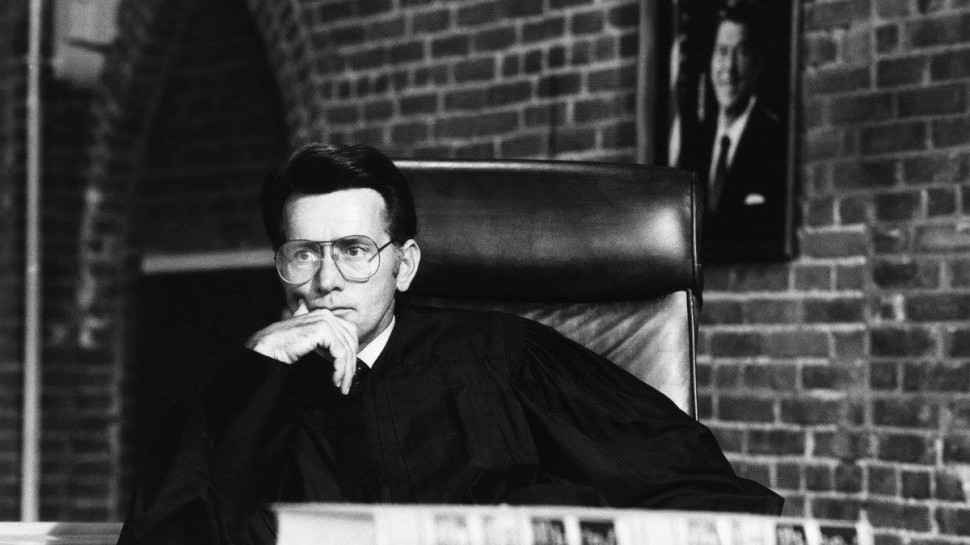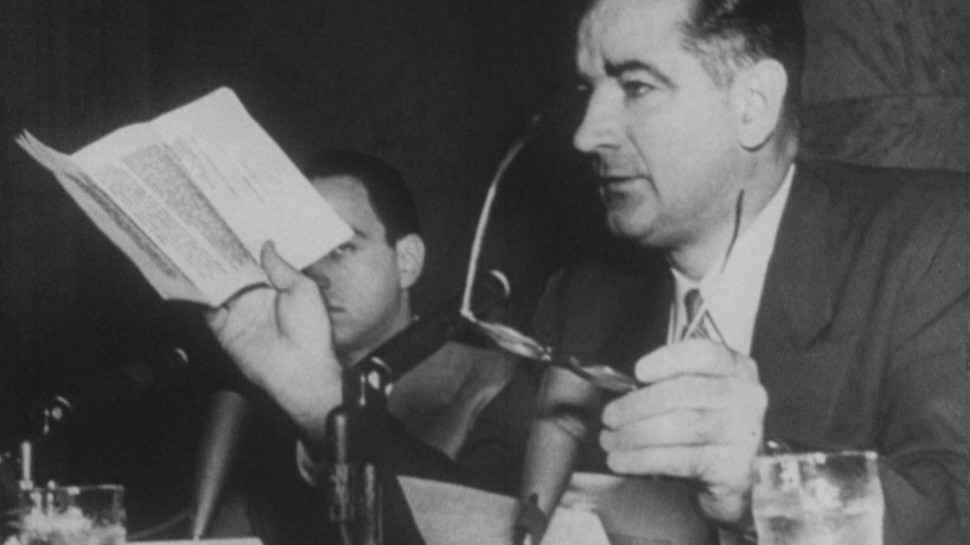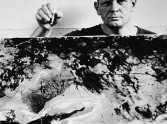


Emile de Antonio’s America
Emile de Antonio (1919-1989) was a preeminent force in independent film and political documentary. The ten documentaries he made between 1963 and 1989 dissect the power structures governing Cold War America, critiquing the power elite and lionizing dissenters. A gifted raconteur, de Antonio socialized with both groups while remaining a fierce leftist intellectual. A self-described "radical scavenger," he reinvigorated the art of compilation documentary, building critical or subversive arguments out of archival footage. Choosing a bohemian life in New York, de Antonio also became an animateur for a significant cast of artists that included Cage, Rauschenberg, and Warhol. In 1959, inspired by Alfred Leslie and Robert Frank's Pull My Daisy, he joined the group of New Yorkers whose 1960 manifesto called for a "New American Cinema" that would make films "the color of blood."The success of de Antonio's debut film, Point of Order (1963), transformed him, at mid-life, into a fulltime filmmaker. For each project, he cobbled together funding, film stock, footage and young talent. Rush To Judgment (1966) was an early rebuttal of the Warren Report, In The Year of The Pig (1968) was the first major anti-war film about Vietnam, and his satirical attack on Richard Milhous Nixon, Millhouse: A White Comedy (1971), brought de Antonio heightened political scrutiny. The government surveillance that had followed him from his youth came to a head in 1975 when de Antonio filmed interviews with the incendiary Weather Underground, whose members the FBI could not find. In an era dominated by cinema vérité conceptions of documentary filmmaking, de Antonio insisted on perpetual experimentation. In a time of liberal convention, he stuck to his maverick Marxism. Before there was a vogue for "independent film," Emile de Antonio was simply independent-making challenging work and getting it theatrical distribution.
















